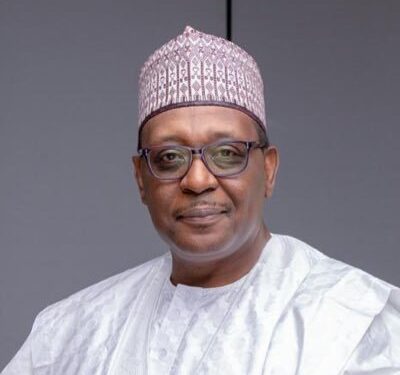In a major stride toward improving healthcare access, the Federal Executive Council (FEC) has approved the establishment of MediPool, a national group purchasing organization aimed at reducing the cost of essential medicines and medical supplies across Nigeria.
The Coordinating Minister of Health and Social Welfare, Prof. Muhammad Ali Pate, announced the decision on Monday following the FEC meeting in Abuja. He explained that MediPool will operate as a public-private partnership designed to leverage the federal government’s purchasing power to negotiate lower prices from pharmaceutical suppliers.
“We are deploying the government’s monopsony power—as the largest single buyer of health commodities—to secure better prices and ensure efficient distribution,” Pate stated.
MediPool will not only focus on lowering the cost of critical drugs but also strengthen Nigeria’s pharmaceutical sector. According to the minister, the initiative will support local manufacturing by promoting import substitution and attracting investments into the domestic drug production industry.
“The program encompasses procurement planning, supply chain logistics, regulatory oversight, and quality control,” he said. “It also includes financial management, capacity building, and mechanisms to guarantee a consistent supply of essential medicines.”
Prof. Pate noted that MediPool has undergone comprehensive review by the Infrastructure Concession Regulatory Commission and is modeled after successful systems in countries like South Africa, Kenya, Singapore, and Saudi Arabia.
“We believe this initiative will reshape the pharmaceutical landscape in Nigeria by driving down costs, improving drug quality, and stimulating local production,” he emphasized.
The move comes as part of a broader effort by the Nigerian government to address rising drug prices—a challenge not unique to Nigeria. “Even the United States is taking executive actions to control drug prices,” Pate said, referencing recent global trends in pharmaceutical cost reforms.
However, health experts caution that global pricing shifts could impact drug availability in countries like Nigeria, particularly if multinational companies restructure supply chains or adjust prices in response to tighter controls in larger markets.
In another development, the FEC also approved a ₦2.3 billion contract for the installation of a cardiac catheterisation laboratory at Usman Danfodiyo University Teaching Hospital in Sokoto. Prof. Pate highlighted that the new facility will significantly enhance the hospital’s capacity to diagnose and manage complex cardiovascular conditions, including heart attacks and arrhythmias.
“This investment will bolster our ability to tackle growing heart disease rates and expand advanced care options in the northern region,” he added.
With MediPool and infrastructure investments like the catheter lab, the Nigerian government appears set on a path to strengthen both access to affordable medicines and the nation’s broader healthcare infrastructure.


















